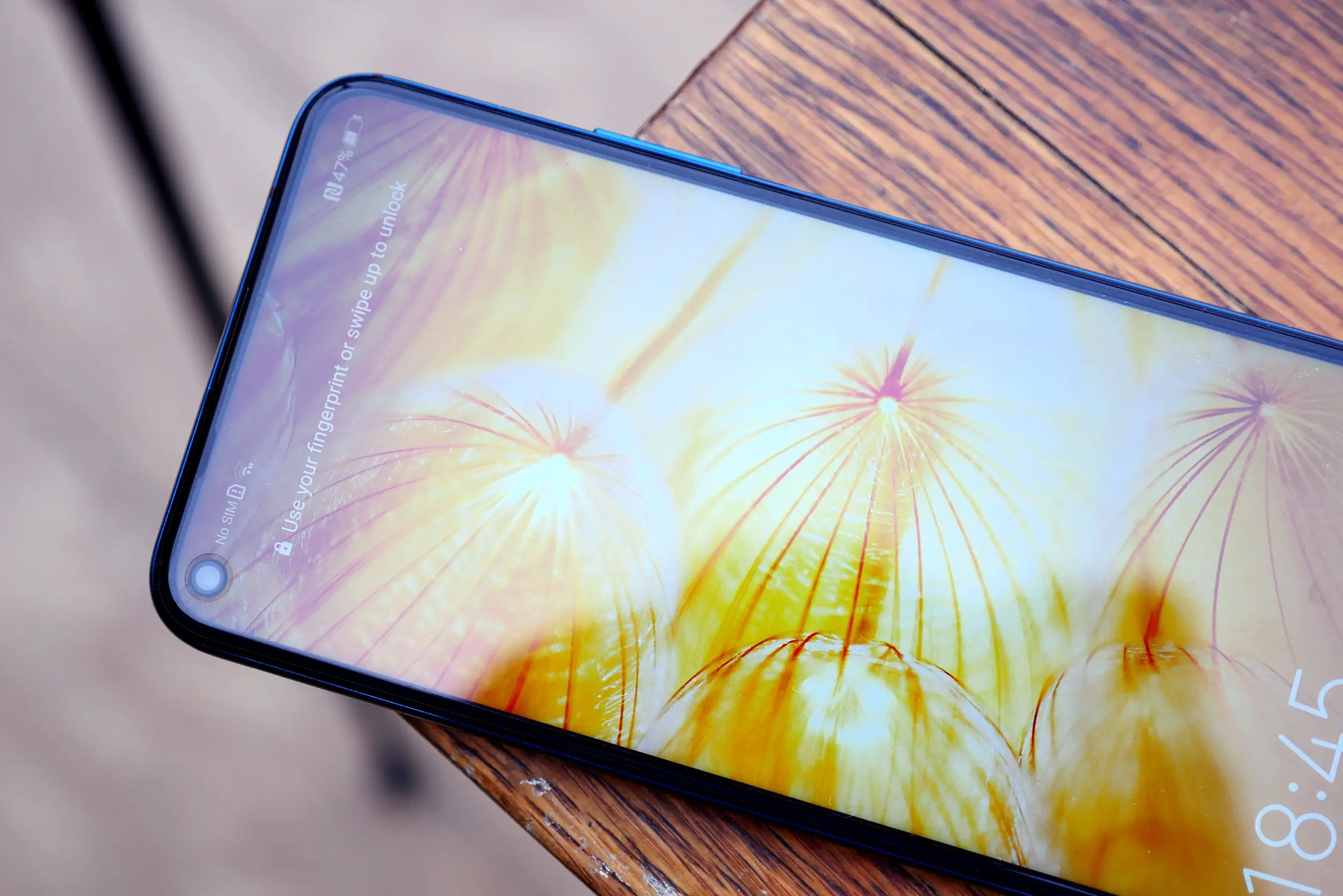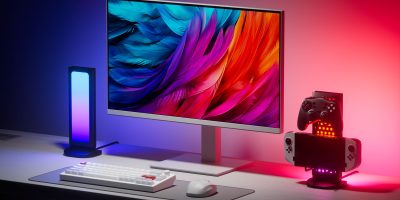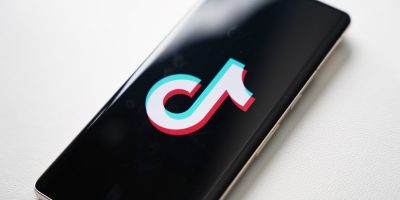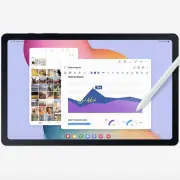Huawei’s place near the top of the smartphone food chain was put in jeopardy this week when news broke that Google had revoked the company’s Android license, cutting it off from Android updates and access to the Play Store. Since then, the U.S. government has rolling things back, giving Huawei a 90-day relief window to sort things out, but the company will likely face an uphill battle going into the second half of 2019 with an uncertain future ahead. The Company’s chip business has also been served a major blow as ARM has decided to cut Huawei off as well, putting the entire future of the company in jeopardy.
If Huawei is able to sort out the chip issue, it may have a solution which will allow it to continue building smartphones without Google’s help. Android has been at the core of Huawei’s growth these past few years, but the company has quietly been working on a plan-b, a homegrown operating system which it would be able to deploy to its devices. It’s unclear if Huawei will be forced to use it, but we’re now learning that the company would be able to roll it out to new smartphones as early as this fall. The name and core functionality of the operating system are still unknown at this point, but it will be able to run Android apps, giving the OS, removing the biggest entry-barrier that operating systems typically face — a large and robust app ecosystem.
Huawei’s plan-b operating system will be able to work on phones, tablets, computers, cars and even wearables. And while Android apps will be able to run on it without any changes, developers who recompile their apps specifically for Huawei’s OS will be able to see a 60% improvement in performance thanks to the system’s “future-oriented microkernel.”
Source: Caijing











Comments